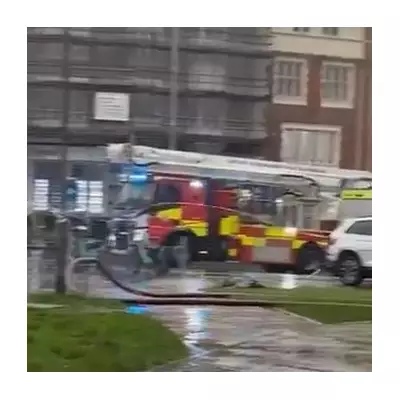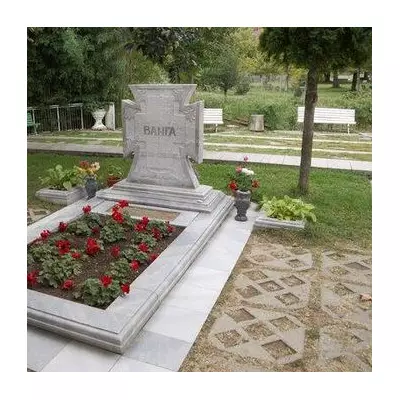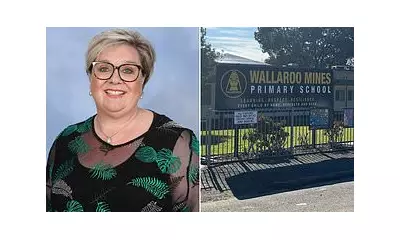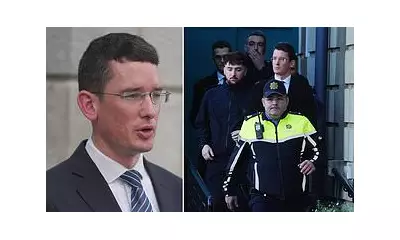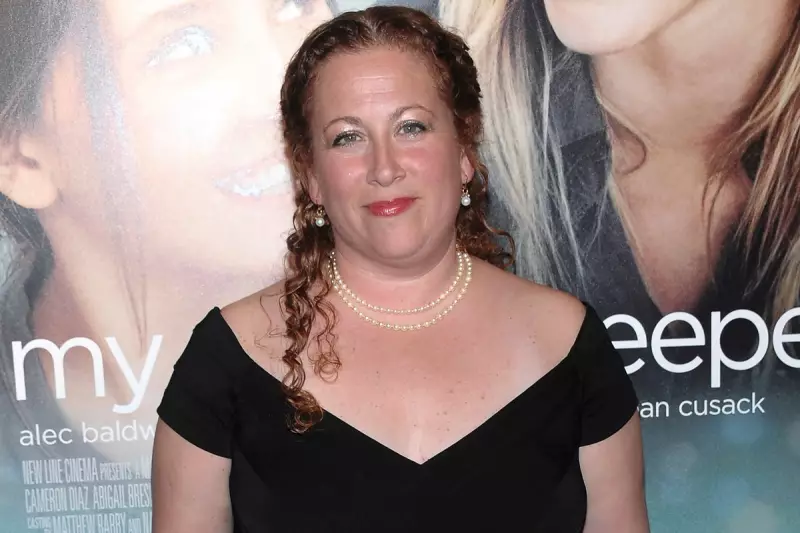
Bestselling American author Jodi Picoult has publicly criticised a school district in Indiana after administrators abruptly cancelled a planned student production of a musical adaptation of her novel The Tenth Circle.
The Carroll High School theatre department in Fort Wayne had been deep in preparations for their spring musical when school officials pulled the plug, leaving students and faculty bewildered and disappointed.
Artistic Expression Under Fire
Picoult took to social media to express her frustration, revealing this isn't the first time her work has faced censorship. "My books are often banned," she stated, "but this is a new one: a high school musical adaptation of my novel has been cancelled days before rehearsals were set to begin."
The author highlighted the particular irony of the situation, noting her novel specifically explores themes of censorship - making the school's decision particularly poignant.
Students Bear the Brunt
The cancellation represents more than just artistic suppression; it's a significant practical setback for the dedicated theatre students. Having already invested considerable time learning music and preparing for their roles, they now face starting from scratch with an alternative production.
This incident reflects a broader pattern of increasing book challenges and artistic restrictions within American educational institutions, particularly targeting works dealing with complex social issues.
A Growing National Trend
Picoult's experience forms part of a disturbing national landscape where educational materials face unprecedented scrutiny. According to free speech advocacy groups, attempts to remove books from school libraries and curricula have reached record levels in recent years.
The author joins a growing chorus of writers, educators, and free speech advocates expressing concern about the impact of such censorship on student learning and artistic development.
As the debate continues, the students at Carroll High School are left to pick up the pieces of their disrupted production, while the wider conversation about artistic freedom in education grows increasingly urgent.


